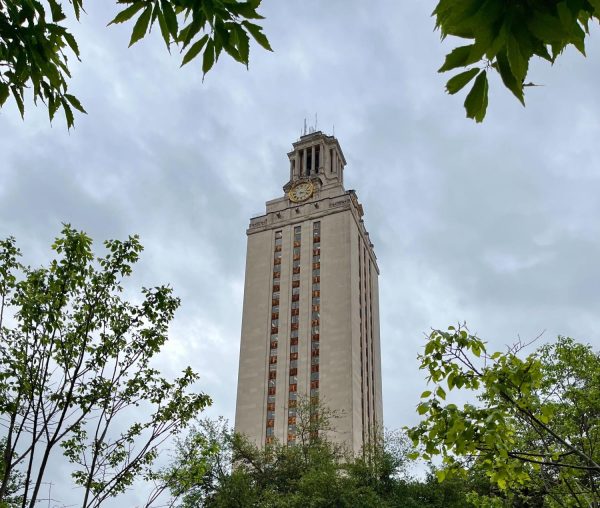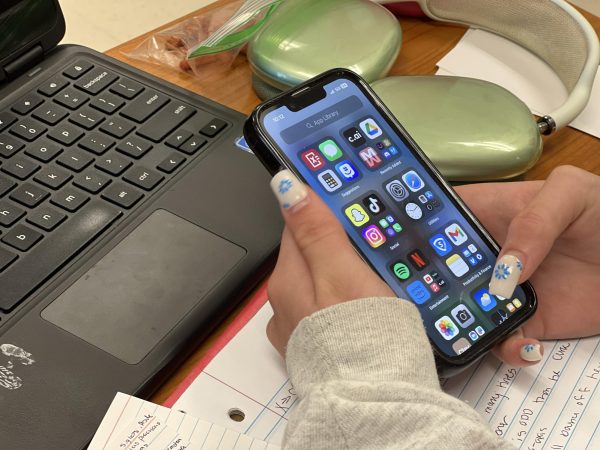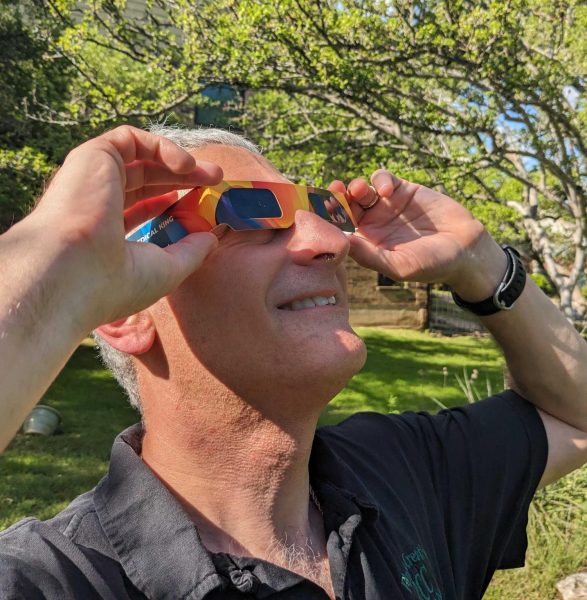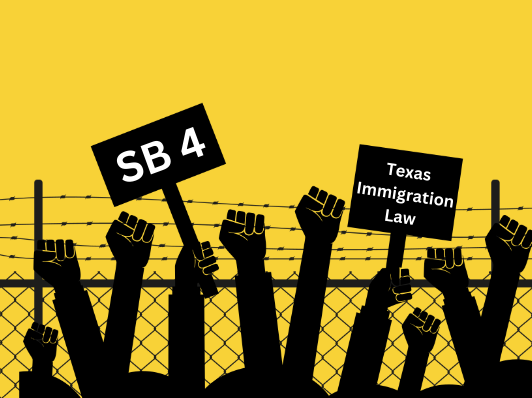Riding Off Into the Sunset: Uber and Lyft Cease Service to Austin
After Austin voters rejected a ballot measure to repeal ride-hailing regulations, popular ride-hailing companies Uber and Lyft began suspending services in Austin on Monday, May 9.
The ballot measure in question, Proposition 1 (Prop 1), failed, with 56 percent of voters in opposition, and Uber and Lyft promptly ceased operations in Austin Monday morning, at 8 a.m. and 5 a.m. respectively. Uber estimated that, between the two companies, 10 thousand drivers would be put out of work, since many drivers had been working for both Uber and Lyft.
“I used Uber pretty often to come home on the weekends, and I think it was very convenient for my parents because they didn’t have to drive back and forth from home to the UT campus,” said Martin Kim, former Westwood student and current freshman at the University of Texas at Austin. “While I agree that safety is important, it’s kind of disappointing and frustrating that we can’t use Uber in Austin anymore.”
The shutdown only applies to the Austin city limits, however, so Uber and Lyft drivers will continue to pick up passengers outside the city limits as long as their destination is also outside Austin. UberEATS, a lunchtime delivery service in the form of a standalone app from Uber, has also announced that it will continue to operate in Austin.
The unsuccessful Proposition 1 sought to repeal city regulations that require ride-hailing company drivers to undergo fingerprint-based background checks, as opposed to the name-based background checks that Uber and Lyft prefer. The rules, which were passed by Austin City Council last December, also require “trade dress” for drivers and identification of vehicles for hire, prohibit drivers from picking up and dropping off passengers in traffic lanes and bus stops, and impose data reporting requirements on ride-hailing companies.
“I think that Prop 1 is important for the safety for the residents of Austin,” John Cho ‘18 said, “but I’m also sad that Uber and the City of Austin didn’t come to a peaceful agreement about ride-sharing services in the city because I think crowdsourcing services like Uber are super important, especially in a city like Austin where traffic is so bad.”
Fingerprinting background checks, which have frequently been a touchy issue for Uber and Lyft across the nation, were the main focus of the conflict over Prop 1. While advocates of the original city regulations cited safety concerns and claimed that fingerprinting was the best way to identify drivers with criminal records, the companies responded that their current background checks are sufficient, adding that fingerprint databases can be out of date. Additionally, they say, fingerprinting significantly slows down the procedure of adding new drivers and makes the whole ride-hailing process more difficult for both drivers and passengers.

“One time I arranged an Uber ride for my daughter to come home, and even though I had the driver’s name and picture and basic information about the vehicle, I was not completely comfortable with sending my daughter with a virtual stranger,” said Ellie Kim, whose two children attend Westwood. “I agree [with city regulations] to have Uber drivers get fingerprinting background checks. Although now I cannot use Uber in Austin anymore, hopefully every state and city requires the background checks for Uber and Lyft drivers and we can get much safer car-sharing services in the future.”
The defeat came as a huge financial loss to Uber and Lyft. $8.6 million was poured into the campaign, mostly in the form of a political action committee (PAC) called Ridesharing Works for Austin. Expenses included television ads, mail flyers, yard signs, consultant fees, and a $50 thousand retainer for former Austin mayor Lee Leffingwell to represent Ridesharing Works for Austin as chairman. Lyft even offered discounted rides as an incentive to voters to support Prop 1. On the other hand, the opposing side – a PAC named Our City, Our Safety, Our Choice – spent less than two hundred thousand dollars on their campaign. The anti-Prop-1 group also accused Uber and Lyft of running an illegal campaign, claiming that the companies’ offers of free or discounted rides to polling policies could be considered as “buying votes.”
While popular opinion labels the Uber and Lyft shutdown in Austin a political failure, Carolyn Said of the San Francisco Chronicle points out that “the very fact that the two companies felt empowered to follow through on threats to leave Austin…underscores how entrenched they’ve become.” Said goes on to cite previous occurrences of Uber and Lyft stopping their services in other cities, which ultimately resulted in victory for the companies as public backlash forced legislators to back down. Dissent from both former drivers and passengers could potentially bring the same fate to Austin; or perhaps Austin will remain a rare beacon of resistance against Uber and Lyft’s powerful political influence. As of right now, it’s too early to tell.
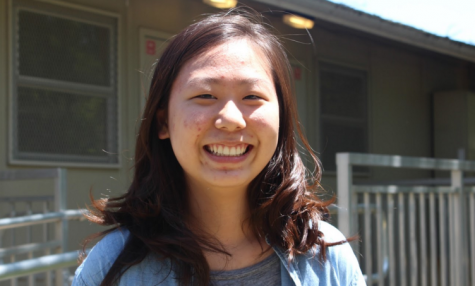
Hi, my name is Julie Kim. The 2016-2017 school year will be my second year as a member of Westwood Student Press, and my third year working in journalism....

